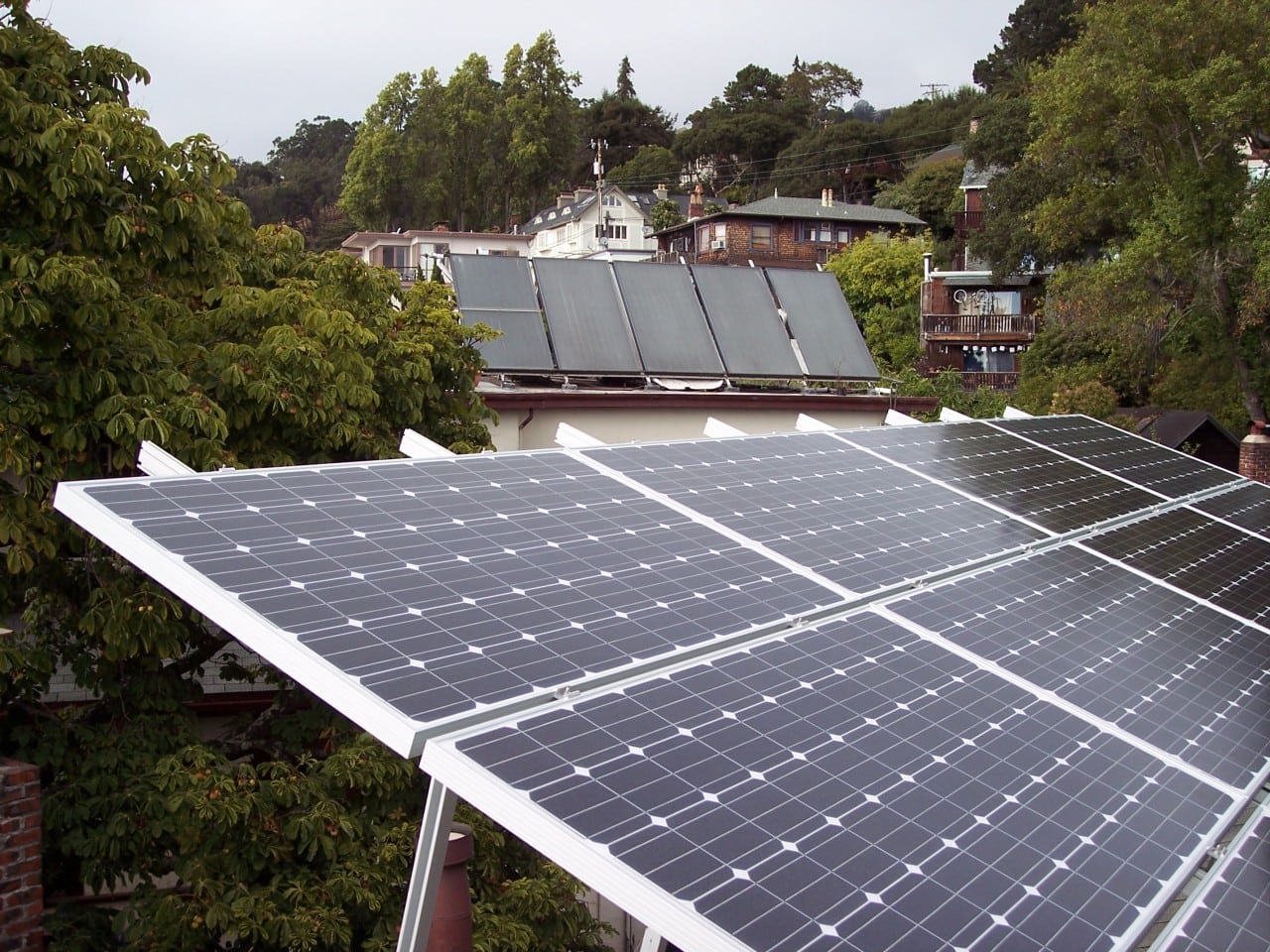In the real world, where electricity demand continues to rise, the energy grid is facing mounting challenges. Outages, price volatility, and aging infrastructure highlight the need for a more resilient and cost-effective energy system. Amid this, residential solar solutions—paired with battery storage—are emerging as a powerful answer. Despite political pushback from fossil fuel advocates, the economic reality is clear: solar is no longer an alternative; it is becoming essential.
The Economics of Solar Energy
Solar energy costs have plummeted over the past decade, making it one of the most affordable sources of electricity. According to the International Energy Agency, solar power is now the cheapest form of electricity in history. Utility-scale solar farms can generate power at costs significantly lower than coal and natural gas, even before factoring in government incentives.
Battery storage has also advanced, addressing one of the main criticisms of solar energy: intermittency. With large-scale battery installations, solar power can now provide electricity even when the sun isn’t shining. These storage systems ensure grid stability and help manage peak demand, reducing reliance on fossil fuel-based power plants.
Political Resistance and Industry Momentum
Despite the economic advantages, solar energy still faces political resistance, particularly from policymakers with ties to the fossil fuel industry. In states such as Texas and Florida, legislative efforts have attempted to curb net metering programs, impose fees on solar customers, or limit renewable energy incentives. Some lawmakers argue that traditional power sources, such as natural gas and coal, should remain central to the grid.
However, market forces continue to favor solar expansion. Private investments in solar energy are soaring, with companies such as Tesla, NextEra Energy, and First Solar rapidly expanding their portfolios. Even major oil companies like BP and Shell are increasing their investments in renewables, acknowledging that solar is not just a competitor—it is the future of energy.

Grid Reliability and Decentralization
One of the key advantages of solar energy is its potential to decentralize electricity generation. Rather than relying on large, centralized power plants, solar allows homes and businesses to generate their own electricity. This reduces strain on the grid and minimizes the risk of widespread outages.
During extreme weather events, such as heatwaves or winter storms, traditional power plants often struggle to meet demand. Solar and battery storage, however, provide localized energy solutions that keep the lights on when centralized systems fail. This was evident in California, where battery-backed solar systems helped stabilize the grid during record-breaking heatwaves.
The Path Forward
The transition to a solar-powered future is no longer a question of feasibility but of speed. While political resistance persists, the economic case for solar is undeniable. Businesses, homeowners, and utilities are increasingly turning to Residential Solar Solutions and other solar technologies, not just as a green alternative, but as a necessary and cost-effective solution to the nation’s energy challenges.
As technology advances and costs continue to decline, solar energy will only grow more dominant. Policymakers who resist this shift may find themselves on the wrong side of history as market forces and public demand push the country toward a cleaner, more sustainable energy future.














